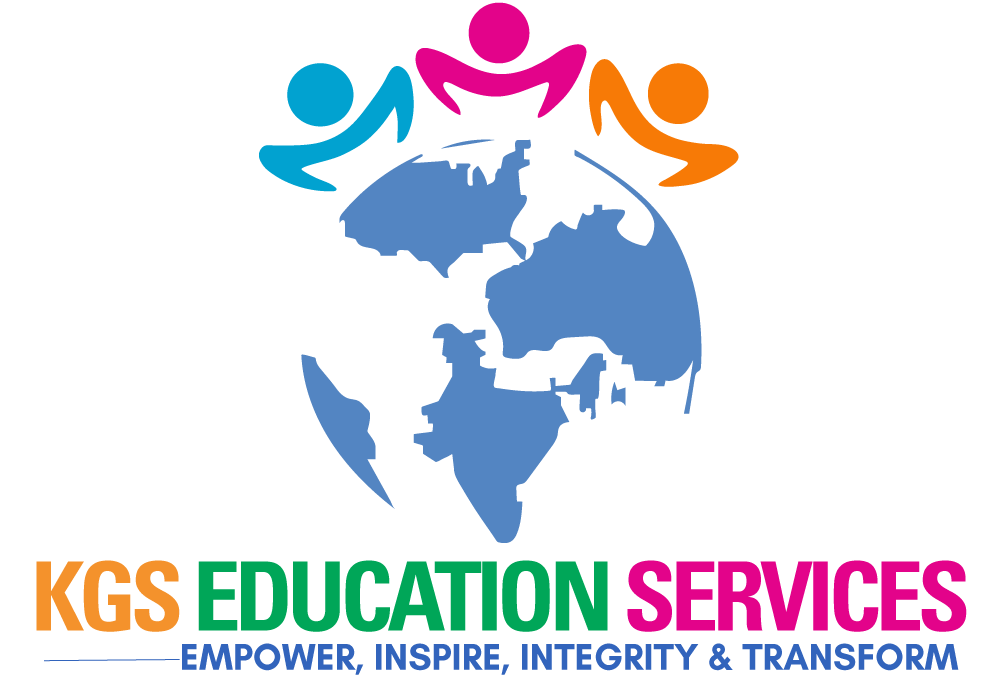Introduction:
In today’s interconnected world, cultural exchange programs play a vital role in enriching educational experiences, fostering global understanding, and promoting intercultural competence among students and educators. These programs provide opportunities for individuals to immerse themselves in diverse cultures, exchange ideas, and develop lifelong connections with people from around the world. In this article, we will explore the significance of cultural exchange programs in schools and their transformative impact on students and educators.

- Promoting Intercultural Understanding:
- Cultural exchange programs offer students and educators the opportunity to gain firsthand experience and insights into different cultures, languages, traditions, and perspectives. By interacting with people from diverse backgrounds, participants develop empathy, tolerance, and respect for cultural differences, fostering greater intercultural understanding and appreciation.
- Enhancing Language Proficiency:
- Immersion in a foreign language environment is one of the most effective ways to develop language proficiency. Cultural exchange programs provide students and educators with authentic language learning experiences, allowing them to practice speaking, listening, reading, and writing in real-life contexts. This immersion not only improves language skills but also promotes cross-cultural communication and language fluency.
- Broadening Global Perspectives:
- Exposure to different cultures and worldviews broadens students’ and educators’ perspectives, challenging stereotypes, and expanding their understanding of global issues and interconnectedness. Cultural exchange programs encourage participants to think critically about complex global challenges such as climate change, social justice, human rights, and sustainable development, fostering a sense of global citizenship and responsibility.
- Building Cross-Cultural Competence:
- Participating in cultural exchange programs helps students and educators develop cross-cultural competence, which is essential for success in today’s globalized society. Cross-cultural competence encompasses the ability to effectively navigate diverse cultural contexts, communicate across cultural boundaries, negotiate cultural differences, and collaborate with people from diverse backgrounds.
- Fostering Personal Growth and Development:
- Cultural exchange programs provide students and educators with opportunities for personal growth and development. Participants step out of their comfort zones, confront unfamiliar situations, and adapt to new environments, which builds resilience, self-confidence, and independence. These experiences empower individuals to become more adaptable, open-minded, and globally aware citizens.
- Strengthening International Partnerships:
- Cultural exchange programs facilitate the establishment of international partnerships and collaborations between schools, universities, nonprofit organizations, and government agencies. These partnerships promote knowledge sharing, academic collaboration, and joint research initiatives, enhancing educational quality and innovation on a global scale.
Conclusion:
In conclusion, cultural exchange programs play a crucial role in enriching schools with global perspectives, promoting intercultural understanding, and preparing students and educators to thrive in an increasingly interconnected world. By participating in these programs, students and educators gain valuable insights, skills, and experiences that not only enhance their personal and professional development but also contribute to building a more inclusive, peaceful, and sustainable future for all.



